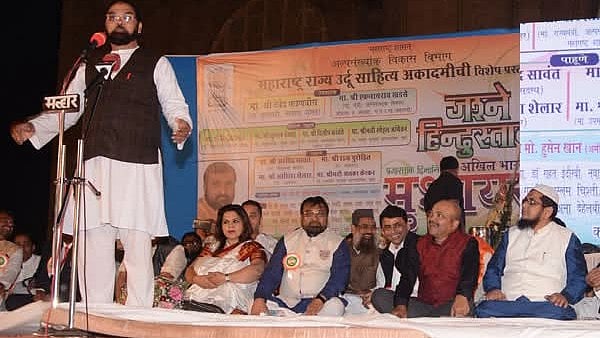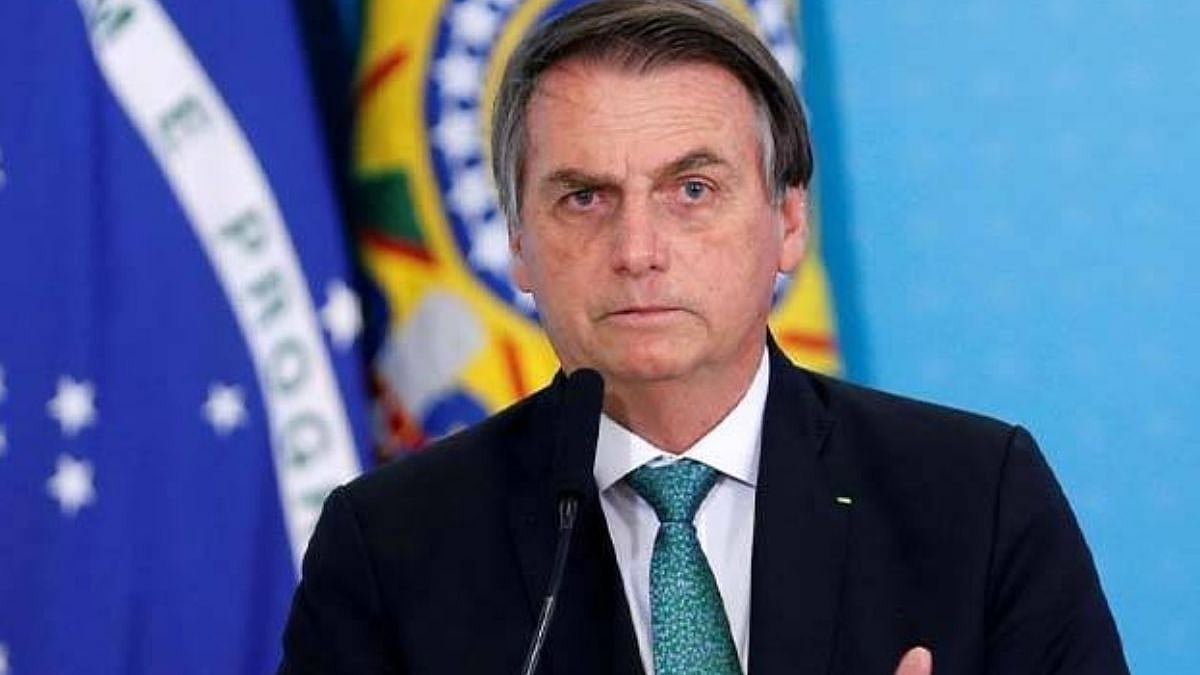When Muhammad Yunus was handed the reins of Bangladesh’s interim government on August 8, 2024, many believed the nation had found a saviour amid chaos. As mobs ransacked Prime Minister Sheikh Hasina’s residence and law and order crumbled, Yunus, with his Nobel halo and international goodwill, was seen as the man who could steady the ship. But what followed has been a tragic case of expectations betrayed. Today, he resembles the proverbial man who caught a tiger by its tail. He can neither let go nor hold on—both options fraught with fatal consequences. What began as a promise to restore democracy and enact meaningful reforms has now descended into a dangerous drift marked by indecision, misplaced ambition, and alarming political brinkmanship.
The most damning indictment of Yunus’ leadership is his failure to hold elections—the primary responsibility of any interim regime. Instead of laying the groundwork for a return to democratic governance, he has repeatedly deferred the process. The new election window of December 2025 to June 2026 seems deliberately vague, raising suspicions that Yunus is more interested in prolonging his hold on power than honouring democratic norms. Even his much-publicised structural reforms now seem more ornamental than operational. Eleven commissions were set up with great fanfare to recommend changes across crucial sectors—from the judiciary to the Constitution itself. But except for filing reports, there has been little movement. The National Consensus Commission (NCC), in particular, appears more adept at avoiding decisions than forging consensus. Reforms of such magnitude should be the prerogative of an elected government, not a transitional one with an uncertain mandate.

More troubling is Yunus’ poor handling of foreign policy and internal security. His provocative remarks about India’s “chicken neck” corridor—an essential lifeline to Northeast India—have chilled bilateral ties. Meanwhile, his inability to manage the fallout from deportations of Bangladeshis from India has only fuelled nationalist rhetoric and emboldened fundamentalist factions eager to claim a stake in governance. At home, the military has been watching closely. Army Chief General Waker-Uz-Zaman has publicly expressed frustration at the government’s lethargy. In a country where generals have often swapped fatigues for civilian garb, such discontent is never merely rhetorical. Now, with even Sheikh Hasina breaking her silence to question his competence, he finds himself increasingly isolated. Whispers of resignation grow louder by the day. In truth, Muhammad Yunus is not just holding the tiger by the tail—he is feeding it confusion, ego, and delay. And unless he swiftly exits or steers towards genuine democracy, the tiger may soon devour the very hope he once embodied.










